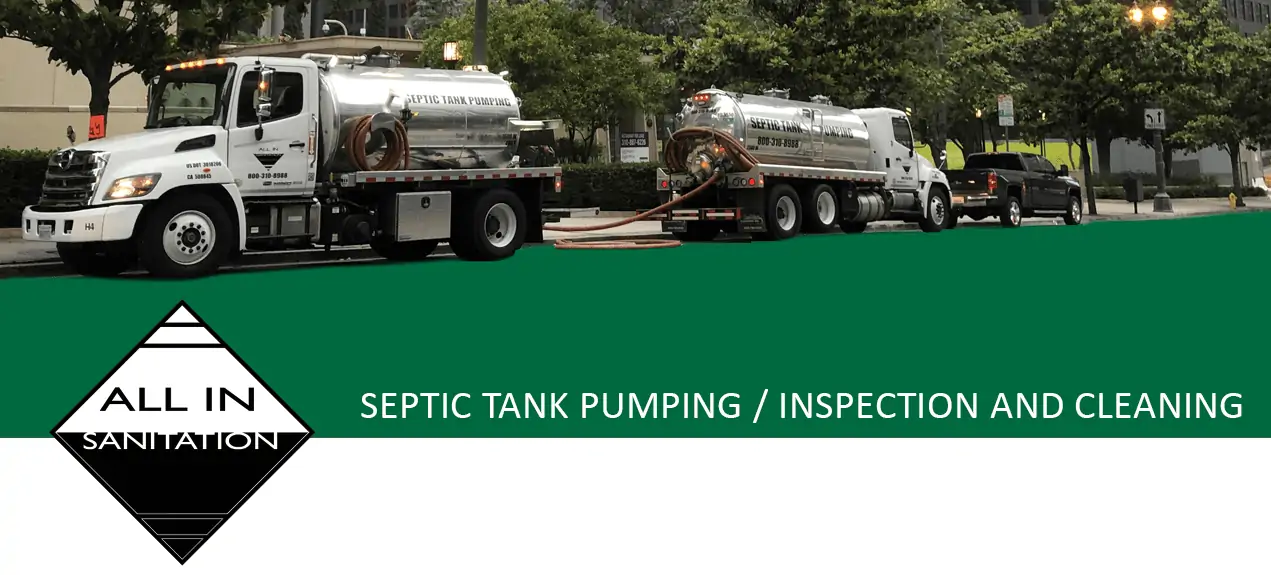Septic Tank Pumping and Cleaning Mojave, CA
Welcome to our septic tank service company, your trusted partner for comprehensive septic system maintenance in Mojave, California. With a profound commitment to environmental stewardship and customer satisfaction, we specialize in septic tank pumping, thorough septic tank inspections, and meticulous septic tank cleaning services. Our team of certified professionals is equipped with the latest technology and industry expertise to ensure your septic system functions efficiently and complies with all health regulations. We understand the importance of regular septic maintenance to prevent costly repairs and extend the life of your system. Partner with us for reliable septic solutions tailored to the unique needs of the Mojave desert community.
Understanding Septic Services in Mojave
We provide comprehensive septic services to ensure the effective operation and maintenance of your septic system. These services are critical for maintaining the balance of tank bacteria, which are essential for the decomposition of organic waste. A well-maintained bacterial ecosystem within the tank is crucial for preventing backups and ensuring that effluent is properly processed before it percolates through the drain field. Additionally, understanding system capacity is paramount to avoid overloading the septic tank, which can lead to system failure and environmental contamination. Regular inspections and pumping are necessary to monitor sludge and scum levels, ensuring that the system functions within its designed capacity and prolongs the lifespan of your septic system.
Mojave Septic Pumping Explained
Septic pumping is an essential service that involves the removal of sludge and scum from the tank to prevent system overload and ensure optimal functioning. This critical maintenance task is directly influenced by the tank capacity, which determines the volume of wastewater and solids it can hold before necessitating pumping. Regular septic pumping adheres to a maintenance frequency that usually ranges from three to five years, depending on usage and tank size. Failure to conduct timely septic pumping can lead to backups, system failures, and environmental hazards. By removing these waste materials, the septic system’s efficiency is maintained, preventing costly repairs and extending the life of the system. Our professional service ensures that your septic tank operates within its capacity and receives the necessary maintenance for reliable performance.
Importance of Mojave Septic Tank Inspection
In addition to regular pumping, thorough septic tank inspections are crucial for detecting potential issues before they escalate into costly repairs. These inspections are imperative not only to evaluate the current state of the septic system but also to forecast any impending concerns that could compromise tank longevity. Experts recommend an inspection frequency of at least once every three years for typical residential septic systems. During an inspection, technicians assess the structural integrity of the tank, check for leaks, examine the scum and sludge layers to determine if pumping is necessary, and evaluate the drain field to ensure proper absorption. Ensuring these elements are in optimal condition is essential for maintaining a functional, efficient, and long-lasting septic system.
Mojave Septic Tank Cleaning Process
Our comprehensive septic tank cleaning process involves a multi-step procedure to ensure your system functions efficiently and extends its service life. Initially, our skilled technicians meticulously pump out the tank to remove sludge and scum layers. Following this, the tank interior is thoroughly inspected for any signs of damage or wear that could impede performance.
We then proceed with a careful cleansing of the tank’s interior using specialized tools and techniques designed to preserve the integrity of the system while eliminating accumulated waste. Throughout the cleaning process, we consider the critical bacterial balance essential for the breakdown of organic matter. To support this balance, environmentally safe tank additives may be introduced to optimize the system’s functionality and maintain a healthy septic environment.
